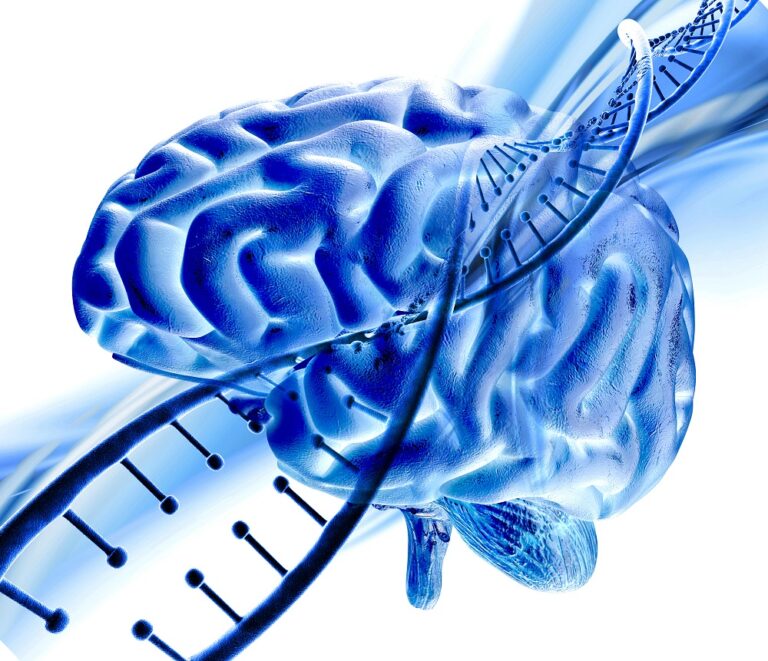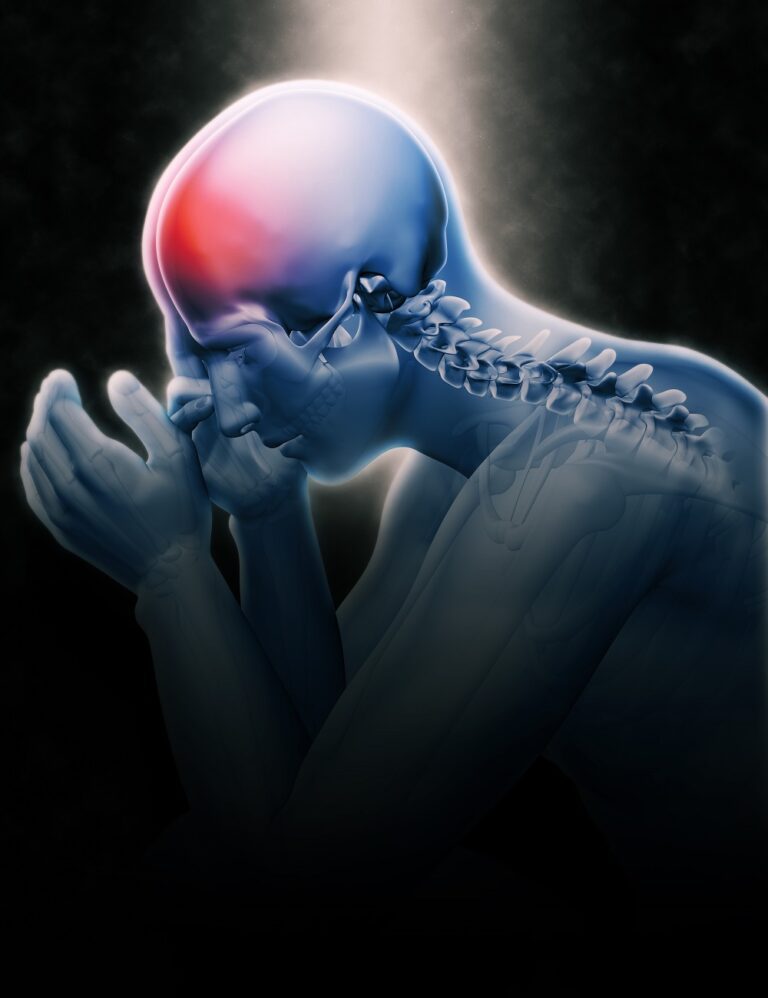Name – European Psychiatric Association (EPA) 2021 Congress (April 10 – April 13, 2021)
Mode – Virtual
The findings of a research, which suggested that calcium imbalance might impact the long-term outcome of bipolar disorder, was presented at the virtual European Psychiatric Association (EPA) 2021 Congress. It is known that vitamin D regulates the biosynthesis of neurotransmitters and neurotrophic factors thereby affecting mood and its alterations. A number of psychiatric disorders demonstrate decreased blood levels of vitamin D, and its deficiency is linked to severity of bipolar disorder. In order to evaluate the calcium homeostasis imbalance in patients with bipolar disorder and to assess if the serum levels of para thyroid hormone, vitamin D and calcium influence the presentation of bipolar disorder and its symptom severity, an observational study was conducted. 199 patients with type I or type II bipolar disorder, age 18-65 years (51% females), without any comorbid neurologic disorders or substance abuse were enrolled in the study. To assess the psychopathology, affective temperaments and global functioning, the patients were administered with validated assessment instruments such as the Young Mania Rating Scale and the Hamilton Rating Scales for Anxiety and Depression. Additionally, vitamin D and parathyroid hormone levels were also evaluated and administration of an ad-hoc schedule was carried out for the socio-demographic and clinical characteristics. A direct association was found between the levels of serum parathyroid hormone and the total number of hospitalizations (p<0.01), depressive (p<0.0001), manic (p<0.001) and hypomanic (p<0.01) episodes. A positive association was found between the serum levels of vitamin D and age at first psychiatric contact. An inverse corelation was found between the serum levels of vitamin D and the total number of depressive episodes (p<0.05) and cyclothymic temperament (p<0.05). Additionally, increased para thyroid hormone levels were found to be correlated with emotional and physical abuse. Thus, the findings of the study suggested that raised levels of parathyroid hormone and vitamin D are associated with a worse clinical outcome in patients with bipolar disorder. Routine assessment of parathyroid hormone, calcium and vitamin D levels in patients with bipolar disorder and addition of vitamin D in the therapeutic regimen may improve the clinical outcomes.







